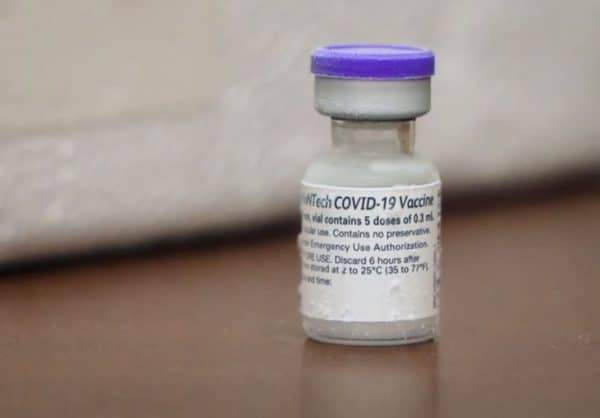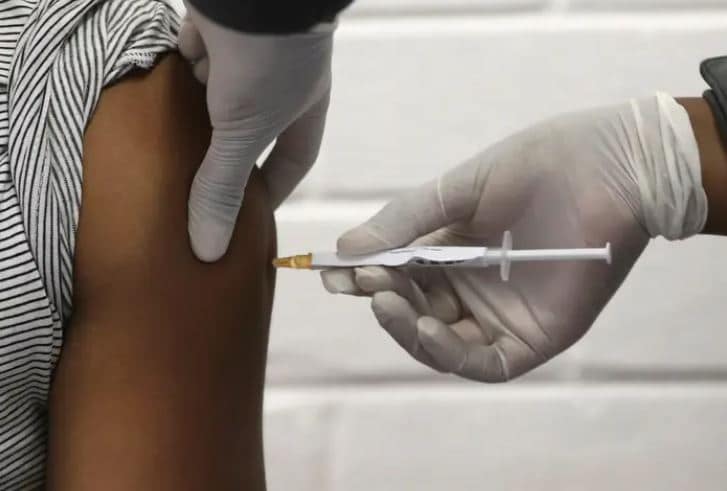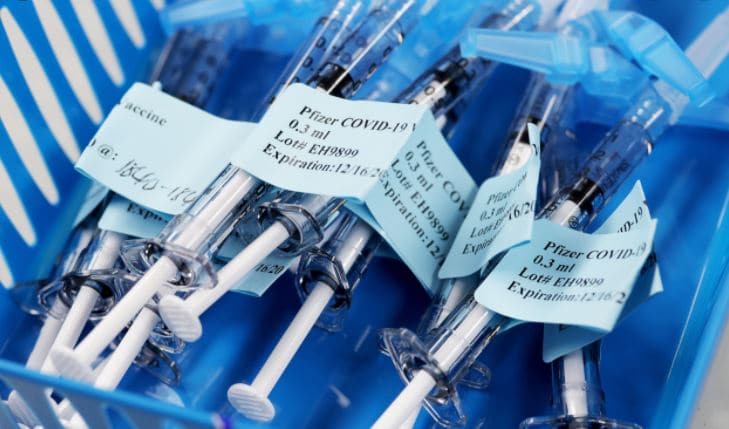In December 2019, the world saw a rise of a very tiny virus not visible to the naked eye, which soon took over the world in a few months; what started in Wuhan as an unknown infection, infecting a few hundred soon took millions all over the world captive, as of now 108M people have been infected, and 2.38M people lost their lives worldwide the USA, India, and Brazill being the top 3 infected country due to the virus.
Covid-19, or coronavirus disease of 2019, is still fast-spreading and mutating with great speed, and so is the hunt for a vaccine worldwide; until now, only a few countries have managed to develop a vaccine that has undergone or undergoing phase 3 trials, America being one of them with moderna and Pfizer vaccines approved for emergency use and already out for the public, here we have a list of few important things that you need to know about these covid-19 vaccines:
Contents
What The Vaccine Consists Of?

Both Pfizer and Moderna vaccine are mRNA vaccine, not like the other vaccines known, which is comprised of doses of the dead virus or live but inactivated virus which won’t replicate. The new vaccines instead have a small portion of the virus’s mRNA sequence, which directs the body to develop a spike protein that is also present on the virus surface.
How Does The Vaccine Work?
The spike protein, when produced by the body, will generate an immune response by the body, and the body will then produce antibodies against it; hence, when the actual virus enters the body, the body already knows how to respond to it and which antibodies it needs to fight against it. The vaccine is just a small part of the virus; hence the body is at no risk of the virus infection or replication, and you won’t fall sick for the same, so the rumor that you get infected by the virus when vaccinated is false, but you may have some side effects when you take the vaccine which is expected in case of every vaccine.
What Are The Side Effects?

Some of the most common side effects experienced by people in the clinical trials and others who were vaccinated are:
1) Dizziness and headache.
2) pain at the site of injection.
3) fever and chills.
4) fatigue.
5) muscle pain and joint pain.
6) nausea.
Other than these, there were some individual symptoms experienced by some people since everyone’s body reacts differently to a particular infection; it was also noticed that the actual virus symptoms were not seen in most of the people vaccinated.
How Many Doses?

Both Pfizer and Moderna vaccines consist of two doses, with an interval of 21 days between the first and the second jab for Pfizer and 28 days interval for Moderna. In some cases, the second dose might be delayed due to logistic reasons keeping in mind the huge vaccination program, so the question many have is, is it okay if the second shot is delayed due to some reason? The U.S. Centres for Disease Control and Prevention has updated its guidelines, saying the max days of interval between the first jab and second can be 42 days. Still, it’s advisable to stick to the original schedule.
Was The Vaccine Rushed?
A lot of us who have a science background and know little about the vaccine development process would have this question in mind since vaccines usually take years to develop; the answer is partly yes and party no, yes because as it’s said, it approved for emergency use, that means there were a few steps yet to be completed and no because this is a relatively new way of producing the vaccine, by using mRNA sequences and this procedure is short compared to the traditional procedures which took years to complete.
Why Take-Two Shots?

Vaccines are aimed to create an immunological memory or, in simple words, acquired immunity; when a new pathogen enters the body, the body memorizes its orientation and produces antibodies, so when the pathogen enters a second time, our body will have antibodies ready for it, in the same way when the first jab of vaccine is given, the body identifies it and produces antibodies. Hence the first time is targeted at acquiring immunity. On the other hand, the second shot is to solidify that memory, just like we memorize it better when we see a thing or place a second time, so does our body’s immune system.
Is It Necessary To Wear A Mask After Vaccination?
The vaccines do guarantee that they will prevent you from getting sick of the covid-19 virus. However, there is no study done on whether you can still transmit or spread the disease, so it’s advised to keep wearing a mask always, although you have got yourself vaccinated to keep your loved ones and those not vaccinated; safe from any risk of the disease.
If Already Recovered From The Virus?
Many people have this question: What if they have been infected before and recovered from it? Do they need a vaccine? In some cases, the person may have acquired immunity against the virus and may have the antibodies for the same but, there are cases where a person has got the virus and fallen sick for the second time. Therefore to avoid any risk of infection, it is better to take the vaccine though you have recovered from the virus.
Pregnant Women And Children?
The clinical trials were not done for people below the age of 16 by either of the companies; hence children below the age of 16 are advised not to take the vaccine, and so goes with women who are pregnant or breastfeeding.
Conclusion
Vaccination is the only way we can get out of this pandemic as soon as possible; once a sufficient number of people are vaccinated, herd immunity can be acquired, further preventing the virus’s spread. Hence it is advisable to take the vaccine when your chance comes and keep wearing a mask at all times until we are totally out of this pandemic situation.


